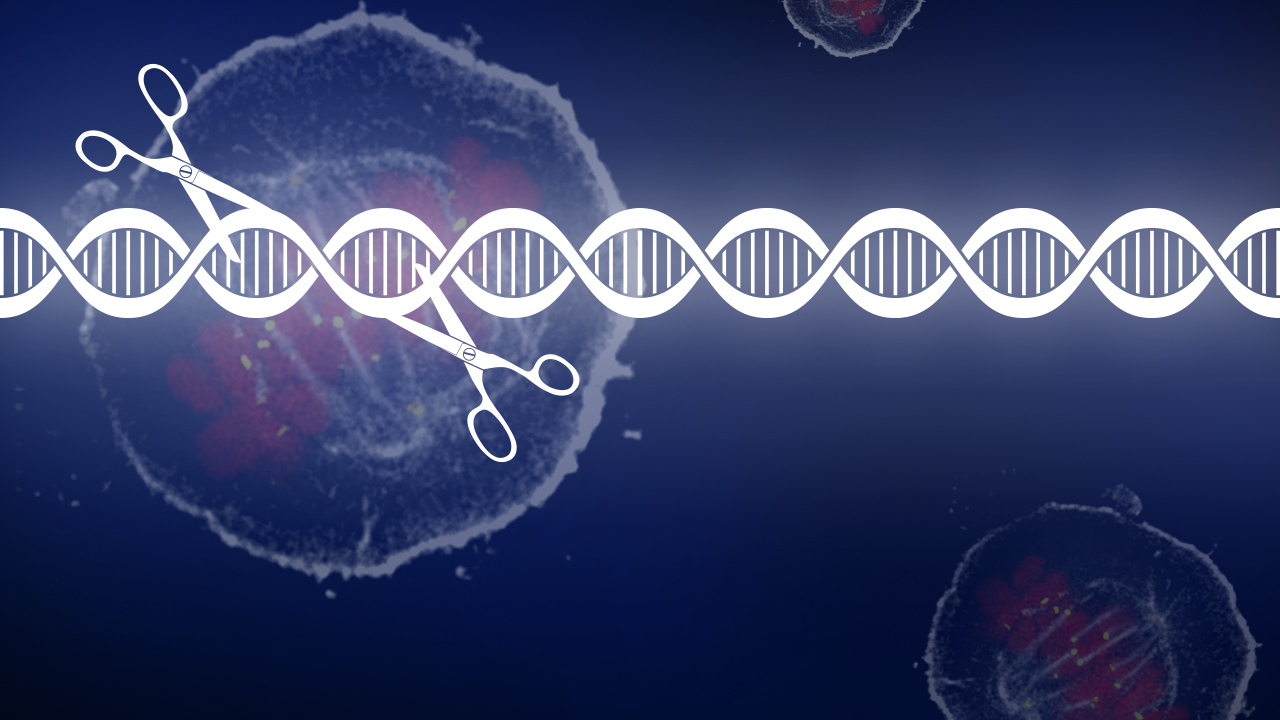Vertex, CRISPR’s Casgevy Highlights Complex Path to Gene Therapy Profitability
By Annalee Armstrong,
BioSpace
| 09. 11. 2024
Complex gene therapies are starting to hit the market but all have faced the same reality: a tepid reception from the healthcare system and a cloudy path to profitability.
It can take about a year for a patient to go through the preparations needed to receive a gene therapy treatment, Jen Klarer, managing partner at The Dedham Group, told BioSpace. “I expected there to be a slow time from approval to treating the first patient.”
CRISPR Therapeutics and Vertex Pharmaceuticals are a great example. The companies made history last year when they achieved the first approval of a CRISPR-Cas9 gene editing therapy for sickle cell disease in December 2023. But when the companies reported 2024 second quarter earnings a few months later, the sobering—albeit expected—reality set in: no patients had been treated.
The fuller picture of Casgevy’s path to profitability is even more complicated. During Vertex’s second quarter earnings call, the company explained that 20 patients are “in the funnel” to receive Casgevy. That means that the patients have signed up and gone through the cell collection process. This...
Related Articles
By Diaa Hadid and Shweta Desai, NPR | 01.29.2026
MUMBRA, India — The afternoon sun shines on the woman in a commuter-town café, highlighting her almond-shaped eyes and pale skin, a look often sought after by couples who need an egg to have a baby.
"I have good eggs,"...
By George Janes, BioNews | 01.12.2026
A heart attack patient has become the first person to be treated in a clinical trial of an experimental gene therapy, which aims to strengthen blood vessels after coronary bypass surgery.
Coronary artery bypass surgery is performed to treat...
By Staff, ScienceDaily | 01.05.2026
Scientists at UNSW Sydney have developed a new form of CRISPR technology that could make gene therapy safer while also resolving a decades-long debate about how genes are switched off. The research shows that small chemical markers attached to DNA
...
Following a long-standing CGS tradition, we present a selection of our favorite Biopolitical Times posts of the past year.
In 2025, we published up to four posts every month, written by 12 authors (staff, consultants and allies), some in collaboration and one simply credited to CGS.
These titles are presented in chronological order, except for three In Memoriam notices, which follow. Many more posts that are worth your time can be found in the archive. Scroll down and “VIEW...




